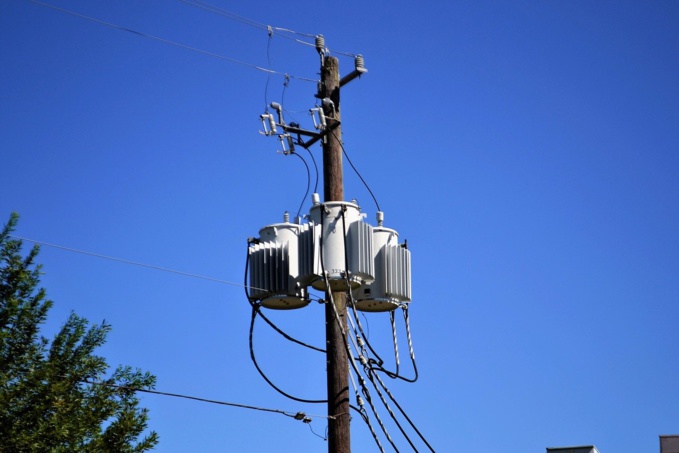Spot electricity prices in a number of EU countries continue to break records due to the abnormal June heatwave. A noticeable increase in prices has been recorded in the Baltic countries. For example, Lithuania is an energy-deficient country and is only 40% self-sufficient in electricity. According to the Lithuanian system operator (Litgrid), the reason for the price hike is the increased cost of electricity supplies from Sweden and Poland. The increased demand for electricity due to the heat wave across Europe is covered by the costly production of traditional fuel-fired power plants, according to Litgrid. At the same time, the cost of such energy is also affected by rising CO2 prices, which are now as high as €55 per tonne.
Electricity prices have also been rising in other EU countries. In Poland, for example, according to the TGE exchange, prices exceeded €88 per 1MWh during the week. Due to weak wind, production of wind farms there was below 500 MW, and solar panels, despite the heat, rarely exceeded 2 GW, notes S&P Global Platts. The Czech Republic set a price record of €106 during peak hours on 24 June, according to the OTE exchange. Demand for electricity in the Czech Republic jumped on June 24, also after a hurricane damaged the country's grid infrastructure. In Hungary, spot prices also jumped above €100 and the country recorded a record peak consumption of 6.8 GW on 23 June.
Due to the heat wave, prices reached 13-year highs in Germany and three-year highs in France. Several factors coincided - a sharp increase in electricity consumption due to the need for air conditioning amid the heatwave, a drop in wind power generation, the main source of renewables in Europe, and the withdrawal of conventional generation capacity that took place.
source: spglobal.com
Electricity prices have also been rising in other EU countries. In Poland, for example, according to the TGE exchange, prices exceeded €88 per 1MWh during the week. Due to weak wind, production of wind farms there was below 500 MW, and solar panels, despite the heat, rarely exceeded 2 GW, notes S&P Global Platts. The Czech Republic set a price record of €106 during peak hours on 24 June, according to the OTE exchange. Demand for electricity in the Czech Republic jumped on June 24, also after a hurricane damaged the country's grid infrastructure. In Hungary, spot prices also jumped above €100 and the country recorded a record peak consumption of 6.8 GW on 23 June.
Due to the heat wave, prices reached 13-year highs in Germany and three-year highs in France. Several factors coincided - a sharp increase in electricity consumption due to the need for air conditioning amid the heatwave, a drop in wind power generation, the main source of renewables in Europe, and the withdrawal of conventional generation capacity that took place.
source: spglobal.com



















